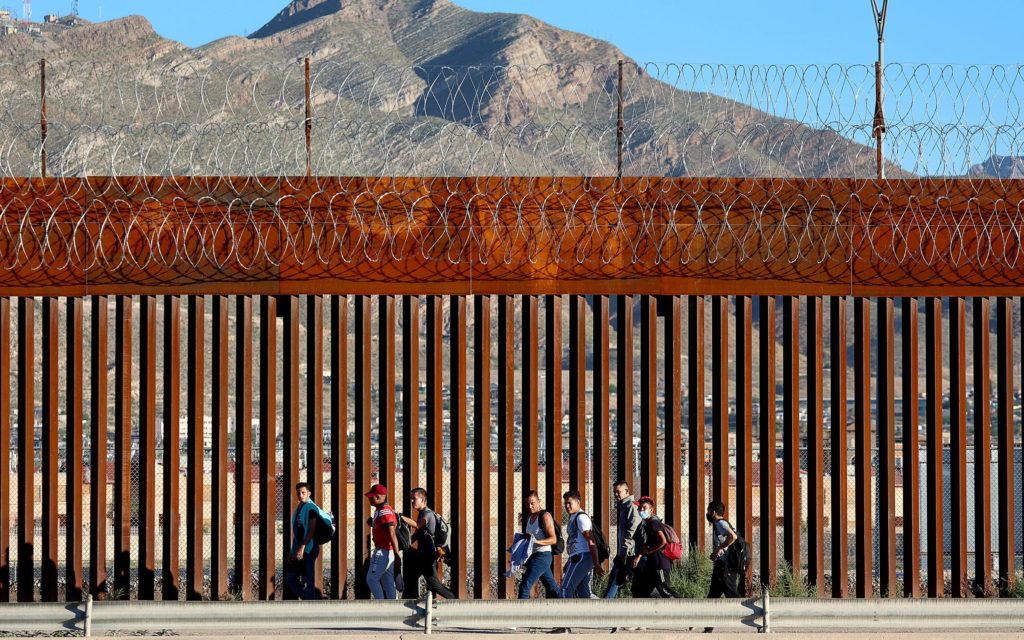
In El Paso, Texas, migrants are cold and searching for their loved ones to return to them, like María. She wore a coat not appropriate for freezing temperatures, jeans, and sneakers, with a light blanket while she kept her eye on the bus station to find her husband, whom she hadn’t heard from in three days.
The couple from Nicaragua were among hundreds of men, women, and children who have crossed the Texas-Mexico border in recent days. Border officers picked up the two; Maria was processed and then released, but she has no new information on her husband.
It is projected that more migrants will be arriving as the Biden administration is expected to shift from using a pandemic-era health law, Title 42, back to the previous immigration law, Title 8. The pandemic law allows Border Patrol agents to expel and deny people asylum consideration, but it does not include the penalties under Title 8, which discourages repeated unauthorized border crossings.
Migrants like Maria are waiting and sleeping on the streets as political and legal wheels churn on the issue of Title 42. Men and women are freezing on the streets while trying to seek help from relatives or friends from the border if they have them. Many of the migrants stay with others whom they traveled to the border with; they help one another.
Advocates keep children with their families and ensure they are not out in the cold. Some new arrivals can get money wired for tickets to take them to other parts of the country via flight or bus.
“There is no capacity in El Paso” shelters, said Fernando García, executive director for the Border Network for Human Rights. “We’ve insisted to the administration that it was crazy and out of touch with reality to think local nongovernmental organizations would have the capacity to deal with something systematically broken.”
Border Network for Human Rights launched a campaign to seek coats and winter clothing from residents in the area to help keep migrants warm. Ruben Garcia says the situation deserves the sort of response from the public seen after a natural disaster.
Texas Gov. Greg Abbot has focused state resources on enforcement, spending money on police and National Guard along the border and using state criminal trespassing laws to arrest people caught crossing the border illegally. It’s unlikely the state will steer resources to humanitarian aid in the state.
Abbot shifted the responsibility for humanitarian aid to other cities for thousands of migrants, sending them on buses paid for with state tax dollars to Democratic-run cities. He has said he is bringing relief to border communities as he’s criticized for using migrants to make a political point.

Recent Comments